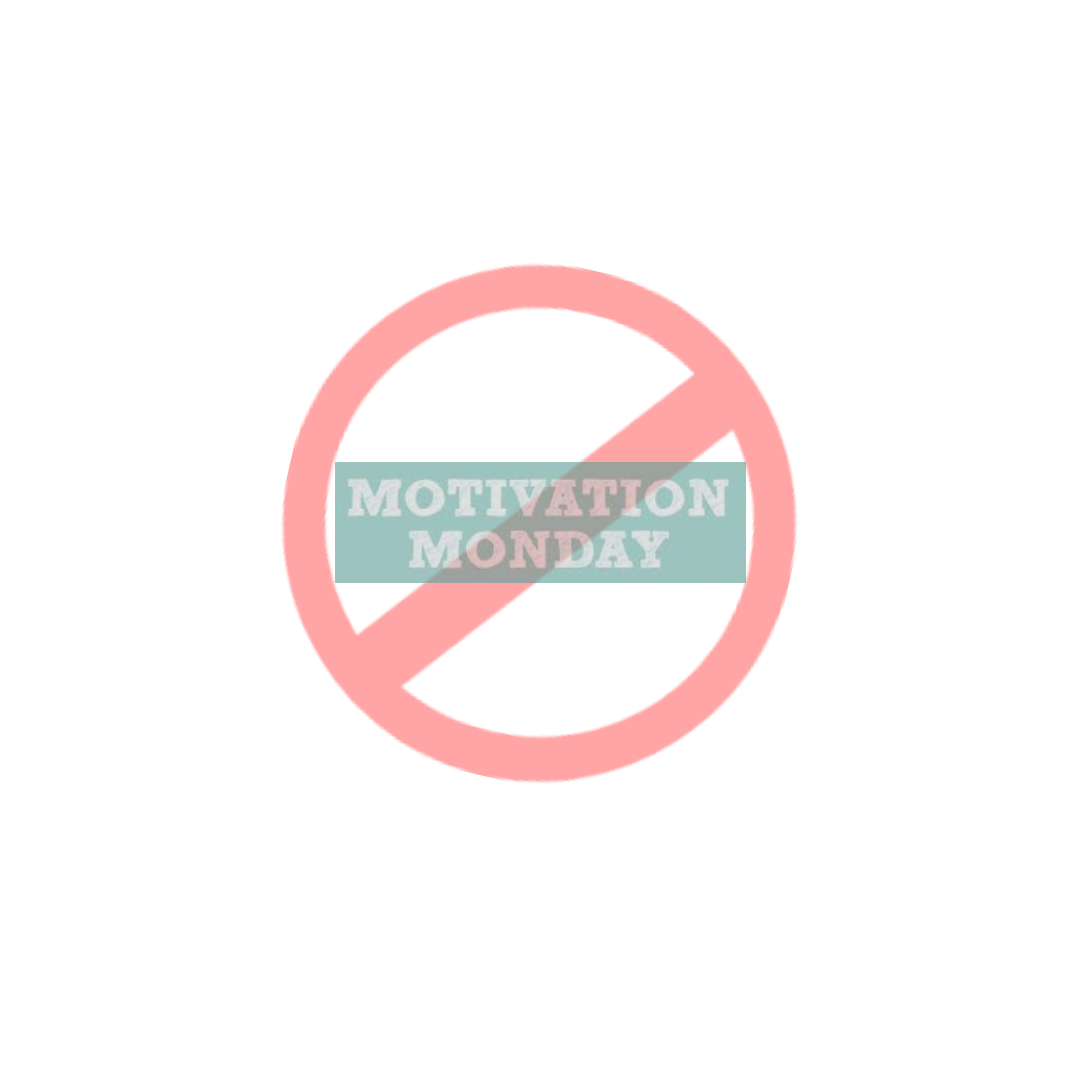I talk to clients a lot about food. A lot. With older clients, think 50 and up, I'm usually explaining that fat isn't bad and eating it won't cause your heart to explode. With younger clients it's telling them that carbs are not the enemy and that they couldn't survive without them. And no one eats enough protein.
So I figured maybe it's time to actually explain what these things- fat, carbs, protein- are. They are macronutrients. Meaning the body requires them in large quantities. (Vitamins & minerals are considered micronutrients). The key word here is "requires". Your body must have all three and in large quantities (in terms of percentage of calories).
So you may have gone on a low carb or low fat diet and seen great results. Congrats. Why did you stop the diet then?
The answer is because you had to. Remember your body requires these macronutrients. So you either stop the diet voluntarily after some time and go back to eating normal (whatever that is for you) or your body stops the diet involuntarily. This usually comes in the form of what you probably thought was just a lapse of will-power or even unexplained sickness or orthopedic injury.
Weight loss is simply taking in less calories than you burn. In either case, voluntary or involuntary, you usually gain weight back. This happens because limiting any particular macronutrient is just a form of reducing your total calories. So when you begin to eat "normal" again your caloric intake just goes back to where it was before.
Ok, lets get into the macronutrients themselves.
- Carbohydrates (carbs): these are your starches, grains, fruits and veggies. Basically all carbs are made of glucose. Glucose is very important. Glucose is used to make ATP. ATP is the fuel that powers everything we do. Your brain and your nervous system need a ready supply of glucose to function.
- If you don't get enough carbs (glucose), American Dietetic Association recommend 130 grams per day, your body will start to break down lean muscle mass in order to get glucose.
- If you eat too many carbs, they get stored away as fat.
- Fat: there are saturated fats (animal fat, tropical oils) and unsaturated fats (olive oil, avocado, nuts, fish, flax, canola oil etc). Fats provide energy, make & balance hormones, make our cell walls, forms our brain/nervous system, transport vitamins and provide fatty acids our bodies can't make (omega-3 & omega-6). These are all very important.
- When it comes to fat balance is key
- too much saturated fat in relation to unsaturated leads to high cholesterol and cardiovascular disease among other things
- you also have to balance the types of unsaturated fat (mono vs poly) you consume
- Finding the right balance gets complicated quickly, seek out a qualified professional
- Protein: these are made of amino acids. Our bodies can make 12 amino acids (non-essential amino acids) and there are 8 essential acids that must be supplied from the diet. Proteins make up just about everything in our bodies when it comes to form and function.
- Our bodies can maintain carbs and especially fat, on the other hand we lose small amounts of amino acids each day if we don't take in adequate amounts of protein in our diets. Run out of amino acids and you die.
- No matter what protein sources you choose (animal or plant), you have to make sure you're getting complete proteins.
- It is recommended that a healthy, sedentary 150lb adult take in about 55 g of protein (.8g of protein per kg of bodyweight) just to prevent deficiency. This would need to go up (a lot) if you're very active.
This is as simplified as I could possibly make this. It is still very complicated. You could take multiple college level courses on each of these macronutrients individually and combined and still not be able to grasp the nuance that the body uses when it comes nutrition and metabolism.
This is why I try to keep nutrition as basic as possible with clients. Instead of trying to teach all the craziness up above, I teach how being mindful and creating healthy habits leads to lasting weight loss.
If you'd like to learn more about that just click here.
 If you spend any time on any social media platform on any Monday then you'll #motivationmonday posts. They are usually quotes or pictures of people/animals doing extraordinary things. Their goal is to give you the extra push you need to get out there and get shit done. They are dumb.
If you spend any time on any social media platform on any Monday then you'll #motivationmonday posts. They are usually quotes or pictures of people/animals doing extraordinary things. Their goal is to give you the extra push you need to get out there and get shit done. They are dumb.

